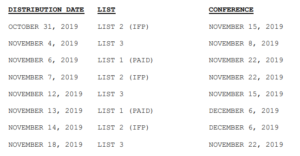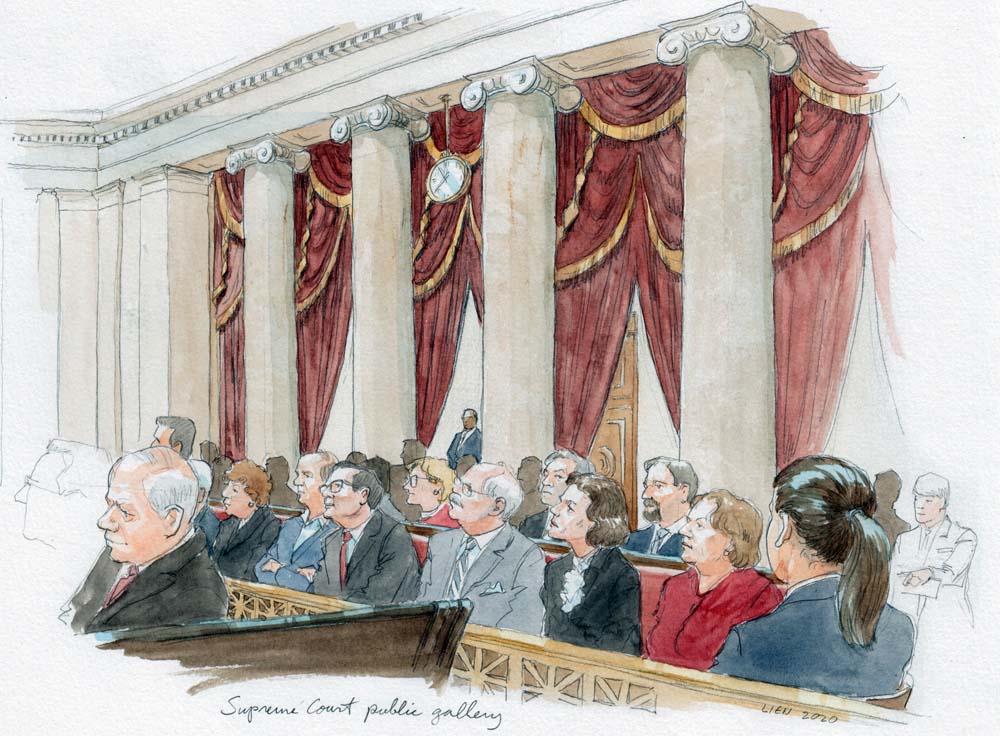- Dec 28, 2011
- 58,525
- 51,866
- 3,600
- Thread starter
- #61
You know nothing about men. I doubt if you ever will.Then man up and take the bet, you pussy.
It's going to get dismissed straight up with no explanation.
Just as it should be.
Follow along with the video below to see how to install our site as a web app on your home screen.

Note: This feature currently requires accessing the site using the built-in Safari browser.
You know nothing about men. I doubt if you ever will.Then man up and take the bet, you pussy.
It's going to get dismissed straight up with no explanation.
Just as it should be.
Could be ‘explosive.’Could Be Big
You never know. In your case that applies to everything.Could be ‘explosive.’
This is something I would just roll my eyes at these days except for...

CRYPTO CRASH...
DEADMAN MOCKING
Dialed in by John David McAfee
"it's finally playing out" ~ Ghost
CRYPTO CRASH...
DEADMAN MOCKING
Dialed in by John David McAfee
"it's finally playing out" ~ Ghost

Watch the docket for an order by the court requesting a response from the defendants.2) SCOTUS accepted it.
The defendants own counsel, the Solicitor General of the US DOJ, waived their right to respond by Nov 23 so it is moving forward.
Get this- The defendants counsel have tried to hide their clients at every level...



Third Crypto Boss Dies in Helicopter Crash | The Gateway Pundit | by Margaret Flavin
What is going on in the crypto world?www.thegatewaypundit.com


The treason to the constitution is a little ever-zealous... LolThe relief they petition is a little ever-zealous.
A Respondent may choose to waive the right to oppose a Petition that seems clearly without merit. This will save time and money without any substantial risk if the Respondent feels certain that Certiorari will be denied.Hint, there's a reason why the government waived its right to file a response.

US Supreme Court docket No. 22-380Nonetheless the petition is real and it deserves an answer. Deal with it. You claim to value the rule of law.


What part of the Constitution have they committed treason against?The treason to the constitution is a little ever-zealous... Lol
A Respondent may choose to waive the right to oppose a Petition that seems clearly without merit. This will save time and money without any substantial risk if the Respondent feels certain that Certiorari will be denied.

Should I Skip the Brief in Opposition? - Cockle Legal Briefs
If your opponent files a Petition for Writ of Certiorari, the best practice is to submit a high-quality Brief in Opposition to explain why the Court should not hear the case.www.cocklelegalbriefs.com
US Supreme Court docket No. 22-380
Docket Files:
https://www.supremecourt.gov/search.aspx?filename=/docket/docketfiles/html/public/22-380.html
The case has been excepted [filed on the docket] the court may order a response from the ever-zealous respondents...
The petition as drafted has been factually docketed [case excepted] [case numbered] [excepted for review], overcoming 'outlined oppositions' as illustrated within litigation manual criteria ~ eh?
"The Supreme Court denies the vast majority of requests for review: 1,945 of the 2,130 so-called paid (i.e., nonindigent) certiorari petitions or appeals acted on during the Court's 1995 term were turned down. An even higher proportion of the nearly 4,500 in forma pauperis (IFP) cases were unsuccessful. 61 U.S.L.W. 3100 (Aug. 6, 1996). In fact, during the tenure of Chief Justice Rehnquist, as the number of lower court decisions has increased, the number of cases set for argument in the Supreme Court has declined. The drop has not been trivial: down from 167 in the 1987 term to 116 in the 1992 term and 90 in the 1995 term. Many of the cases accepted for argument, moreover, are those in which the federal government has sought or supported review; or they involve constitutional, civil rights, or criminal matters. Few are civil business cases..." ABA Litigation Manual, 3d ed.

Opposing Certiorari in the U.S. Supreme Court | Insights | Mayer Brown
www.mayerbrown.com
excepted-not included in the category or group specified.The treason to the constitution is a little ever-zealous... Lol
A Respondent may choose to waive the right to oppose a Petition that seems clearly without merit. This will save time and money without any substantial risk if the Respondent feels certain that Certiorari will be denied.

Should I Skip the Brief in Opposition? - Cockle Legal Briefs
If your opponent files a Petition for Writ of Certiorari, the best practice is to submit a high-quality Brief in Opposition to explain why the Court should not hear the case.www.cocklelegalbriefs.com
US Supreme Court docket No. 22-380
Docket Files:
https://www.supremecourt.gov/search.aspx?filename=/docket/docketfiles/html/public/22-380.html
The case has been excepted [filed on the docket] the court may order a response from the ever-zealous respondents...
The petition as drafted has been factually docketed [case excepted] [case numbered] [excepted for review], overcoming 'outlined oppositions' as illustrated within litigation manual criteria ~ eh?
"The Supreme Court denies the vast majority of requests for review: 1,945 of the 2,130 so-called paid (i.e., nonindigent) certiorari petitions or appeals acted on during the Court's 1995 term were turned down. An even higher proportion of the nearly 4,500 in forma pauperis (IFP) cases were unsuccessful. 61 U.S.L.W. 3100 (Aug. 6, 1996). In fact, during the tenure of Chief Justice Rehnquist, as the number of lower court decisions has increased, the number of cases set for argument in the Supreme Court has declined. The drop has not been trivial: down from 167 in the 1987 term to 116 in the 1992 term and 90 in the 1995 term. Many of the cases accepted for argument, moreover, are those in which the federal government has sought or supported review; or they involve constitutional, civil rights, or criminal matters. Few are civil business cases..." ABA Litigation Manual, 3d ed.

Opposing Certiorari in the U.S. Supreme Court | Insights | Mayer Brown
www.mayerbrown.com
That little part of jurat where each named defendant agreed to defend and support the constitution and anything contrary to that is treason; [re]read the petition entirely.What part of the Constitution have they committed treason against?
DEREK JOHNSON DECODES FROM TRUMPS SPEECHRegardless this suit is supplementary; the military is in control!

That little part of jurat where each named defendant agreed to defend and support the constitution and anything contrary to that is treason; [re]read the petition entirely.
DEREK JOHNSON DECODES FROM TRUMPS SPEECH

Ep. 2935b - Evidence Already In, The [DS] Got Caught, It’s Perfectly Documented For All To See
Get The Same Tactical Flashlight I Use For Self-Defense Here: Click Here --> http://www.fighterflare.com Get 20% OFF By Using Promo Code "Black20" The [DS] is panicking, they are not in the drivers seat, they are now reacting to everything the patr…www.bitchute.com
Nonetheless the petition is real and it deserves an answer. Deal with it...
DISTRIBUTED for Conference of 1/6/2023. |
SCOTUS accepted it.
Progs need to realize that SCOTUS didn't have to take this case.
The court agreed to take up the case... [I agree] this speaks volumes!
DISTRIBUTED for Conference of 1/6/2023. |


See Hammer Time VIDEO starting at 9:34 through 12:30.What part of the Constitution have they committed treason against?